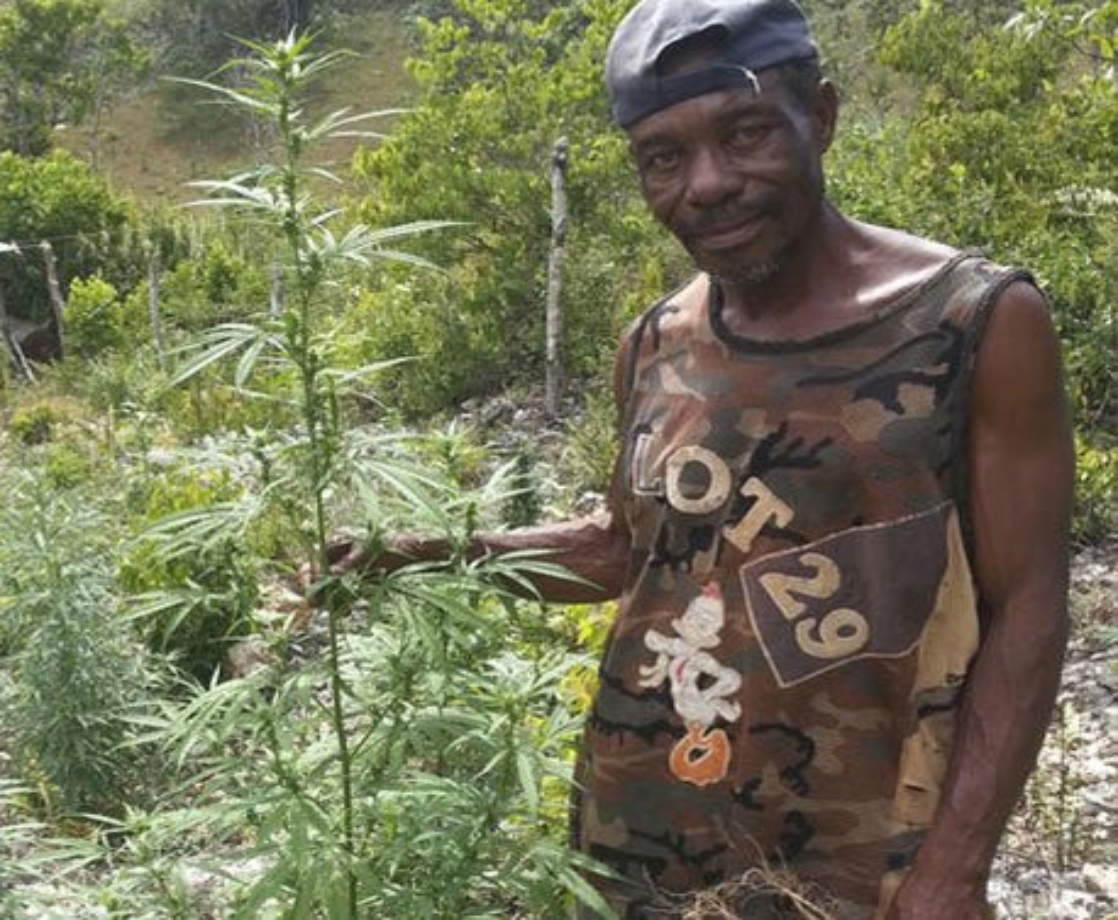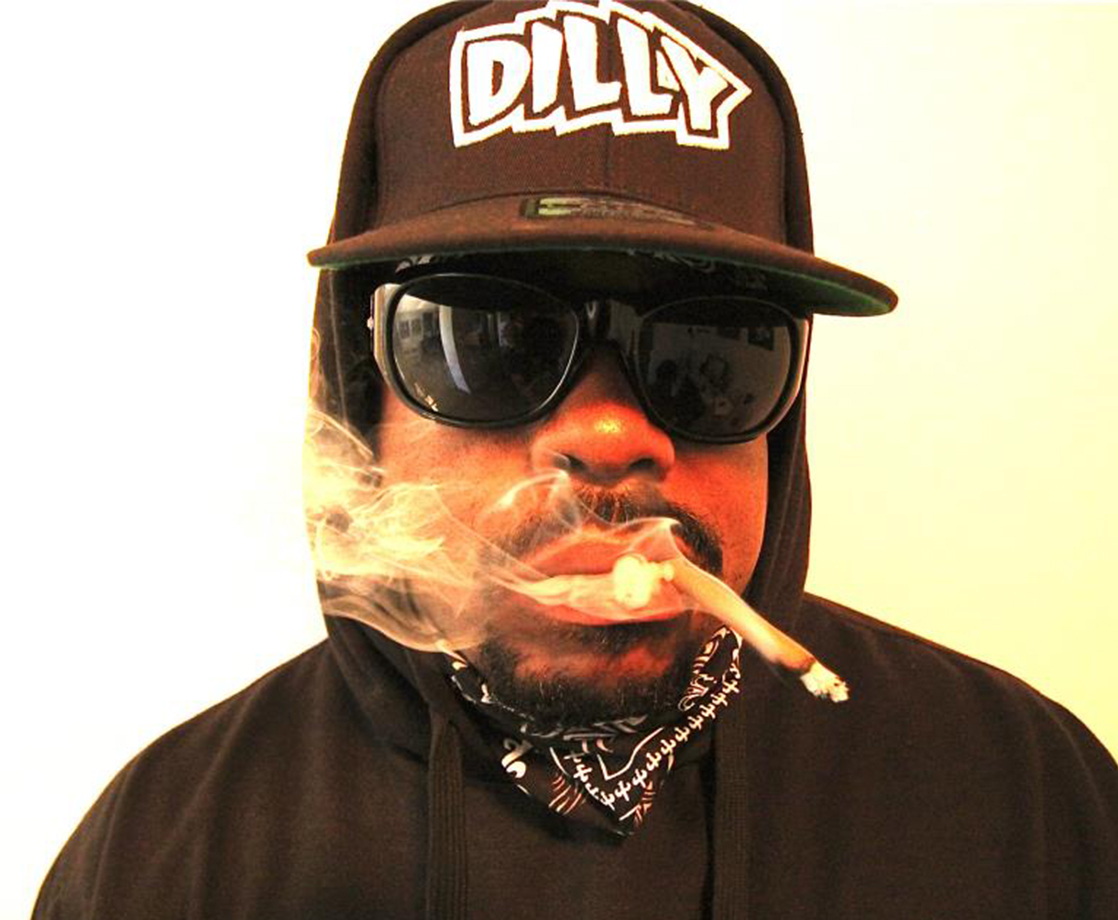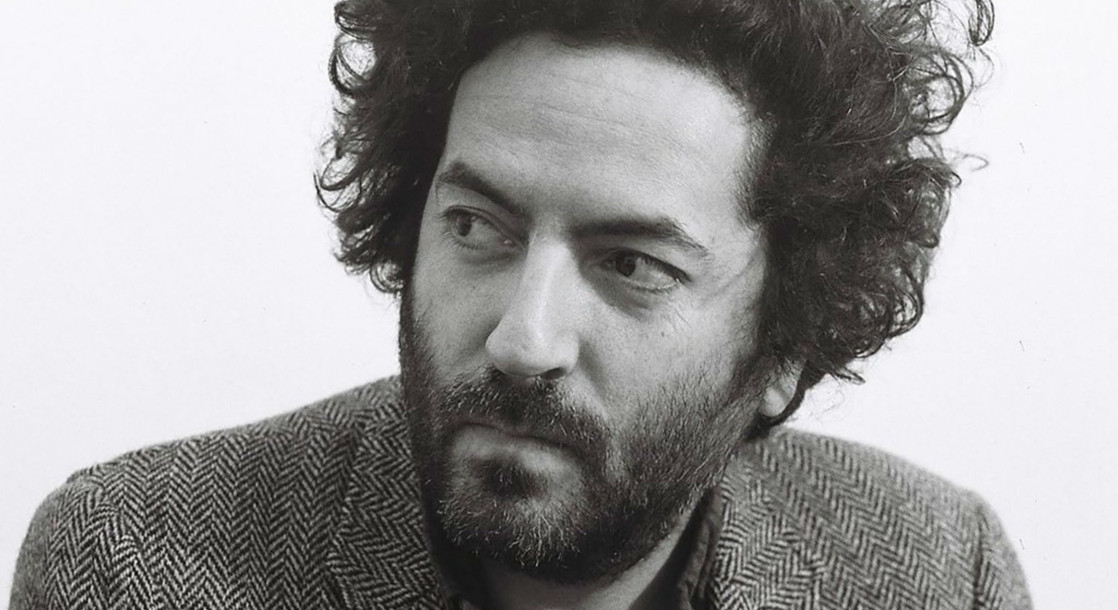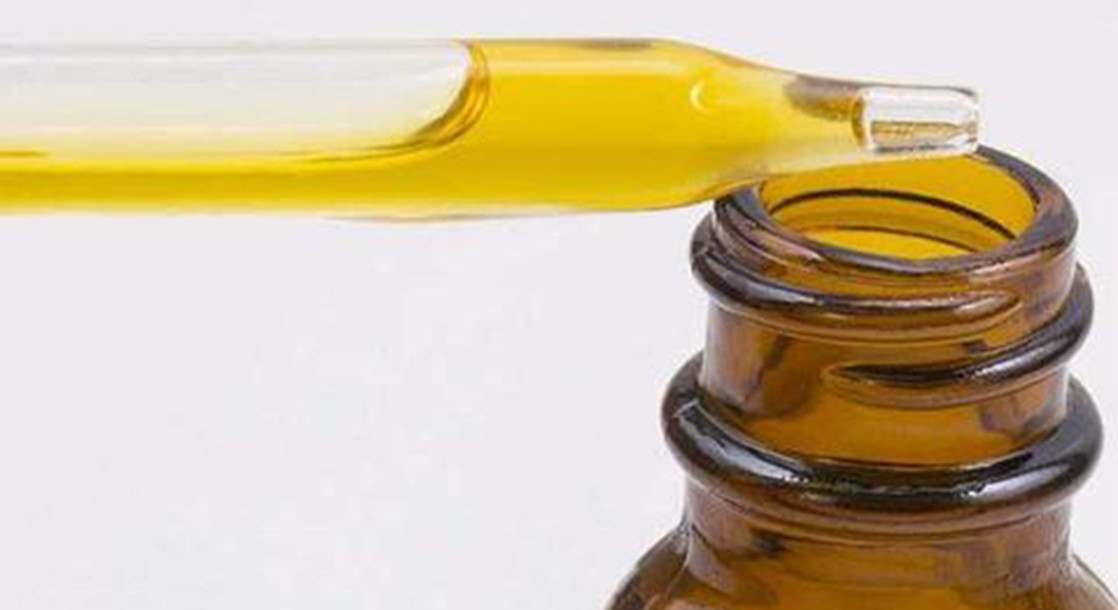Jamaican cannabis regulators have just unveiled a new plan that they hope will help indigenous farmers transition from black market weed growers to fully-legal medical marijuana cultivators.
Earlier this month, the Jamaican government announced plans to expand the country’s Alternative Development Programme, which was created to provide local farmers with the technical and financial support necessary to enter the legal medical marijuana industry. This expanded program will create a new licensing system that waives licensing fees and reduces start-up costs for farmers who wish to grow weed legally.
“What we will be doing in 2020, is looking for more community groups of traditional growers that we will engage and provide the technical support for them to transition into the medicinal marijuana industry,” said Floyd Green, the Minister of State in the Ministry of Industry, Commerce, Agriculture, and Fisheries, according to Cannabis Wire.
A pilot for the new program has already shown some success. Last year, the government spent almost $100,000 to assist weed farmers in Accompong, a village on the east end of Jamaica, populated by descendants of Africans who escaped slavery in the 16th century. These farmers, working out of a communal site, have already produced around 20 kilograms of legal flower for the country’s medical marijuana market.
Illegal cannabis production remains a major enforcement issue for Jamaican authorities, who estimate that around 37,000 acres of black market weed is grown annually. The new program aims to give these farmers — many of whom do not have the capital to kickstart their own business — a chance to enter the legal weed industry without having to find investors. If the program is a success, these newly-legal weed farms will be able to boost the country’s supply of legal flower, which would be tracked by the government’s seed-to-sale program.
Joan Webley, intellectual property law attorney and president of Jamaican cannabis firm Itopia Life, told Cannabis Wire that the program can only succeed if the government will “allow for the meaningful integration of small, traditional, and Rastafarian farmers into the wider economic conversation.” Webley also called on regulators to allow companies to produce edibles and other cannabis products, and to allow licensed businesses to export these products to other countries.
“It is especially frustrating for me as a licensed producer,” Webley said. “When you look internationally and you see so many products being advertised using references to Jamaican culture, and we can’t produce those, we can’t export those, and it is really ironic.”
The government is already working to address at least one of the issues, though. By March, legislators are hoping to draft new regulations that would allow licensed cannabis companies to legally export their wares to other countries.
Jamaica legalized medical cannabis in 2015, but it took two years for regulators to finally issue business licenses, and a year after that before legal cultivators produced the country’s first crop of legal medical cannabis. The program has grown consistently since then, however, and lawmakers are already considering ways to avoid the cannabis banking pitfalls that other countries have experienced.











